Generation Like – The Value and the Cost
 I was uncomfortable as I came to the end of a PBS documentary called, The Like Generation. As I reflected on the footage, I became aware of the roller coaster of emotions I experienced as I watched the Frontline video. What started out as excitement and curiosity soon morphed into concern over the warped value system being created by social media pressures. Lucrative business opportunities were revealed but I was stuck on an image that formed in my mind. I pictured a bright and full balloon sealed by pinched fingers instead of a knot. As it was released, the balloon launched into the air with vigor and became limp and empty after it’s intense and short-lived journey.
I was uncomfortable as I came to the end of a PBS documentary called, The Like Generation. As I reflected on the footage, I became aware of the roller coaster of emotions I experienced as I watched the Frontline video. What started out as excitement and curiosity soon morphed into concern over the warped value system being created by social media pressures. Lucrative business opportunities were revealed but I was stuck on an image that formed in my mind. I pictured a bright and full balloon sealed by pinched fingers instead of a knot. As it was released, the balloon launched into the air with vigor and became limp and empty after it’s intense and short-lived journey.
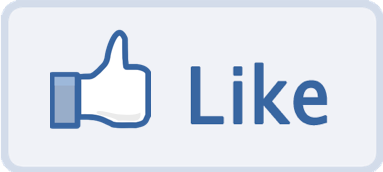 There were no balloons in the video. The essence was the importance of social media likes and the value of those likes to brands. Kids with many likes were perceived as popular and were courted by brands in various ways. Kids were spending an inordinate amount of time online as they gathered likes to get noticed by peers, friends, brands and celebrities. The younger generation was measuring success in terms of number of likes, comments, free gifts and small revenues received from social media regardless of the cost to achieve these. “Cost” does not refer to price or value but rather to the loss of other opportunities such as inability to interact in person, time squandered online and the pitfalls of behaving inappropriately in the quest for attention.
There were no balloons in the video. The essence was the importance of social media likes and the value of those likes to brands. Kids with many likes were perceived as popular and were courted by brands in various ways. Kids were spending an inordinate amount of time online as they gathered likes to get noticed by peers, friends, brands and celebrities. The younger generation was measuring success in terms of number of likes, comments, free gifts and small revenues received from social media regardless of the cost to achieve these. “Cost” does not refer to price or value but rather to the loss of other opportunities such as inability to interact in person, time squandered online and the pitfalls of behaving inappropriately in the quest for attention.
My first moment of awe related to the innocent child from Compton who posted videos of himself skateboarding. His posts quickly accumulated likes and as his online popularity increased, brands noticed and they began to shower him with merchandise. I respected this young man who spoke wisely about aiming to make enough money to move his family out of poverty. I was thrilled by the opportunity social media was providing until his videos took a turn. He abandoned his skateboard and sought outrageous ways to get attention.
Skateboarding was replaced by grabbing the hands of unwilling strangers, grinding against adult women and encouraging twerking for his camera. The once innocent child named himself “Baby Scumbag” as the popularity of his new and outrageous videos soared. Baby Scumbag asked people to clean poop off his hands and was disrespectful as he caused commotion in his quest to get attention. His antics were annoying and I squirmed as I watched him in action. Irrespective of views and popularity amongst his peers, I saw the start of a downhill spiral with tones similar to the latest reports involving Justin Bieber’s questionable behaviors.
My mood improved as I watched ambitious efforts of a young girl with a sizable fan following. She was adorable, energetic, enthusiastic and happy. She was comfortable on camera and overjoyed by her popularity as measured by views and likes. But when the camera to her audience stopped rolling, we caught a poignant momentary snapshot of how she was feeling. There was loneliness and emptiness that symbolized the disconnect between her online and offline lives. Online popularity did not necessarily correlate with offline popularity and the disparity between the two predicted increasing psychological hardships.
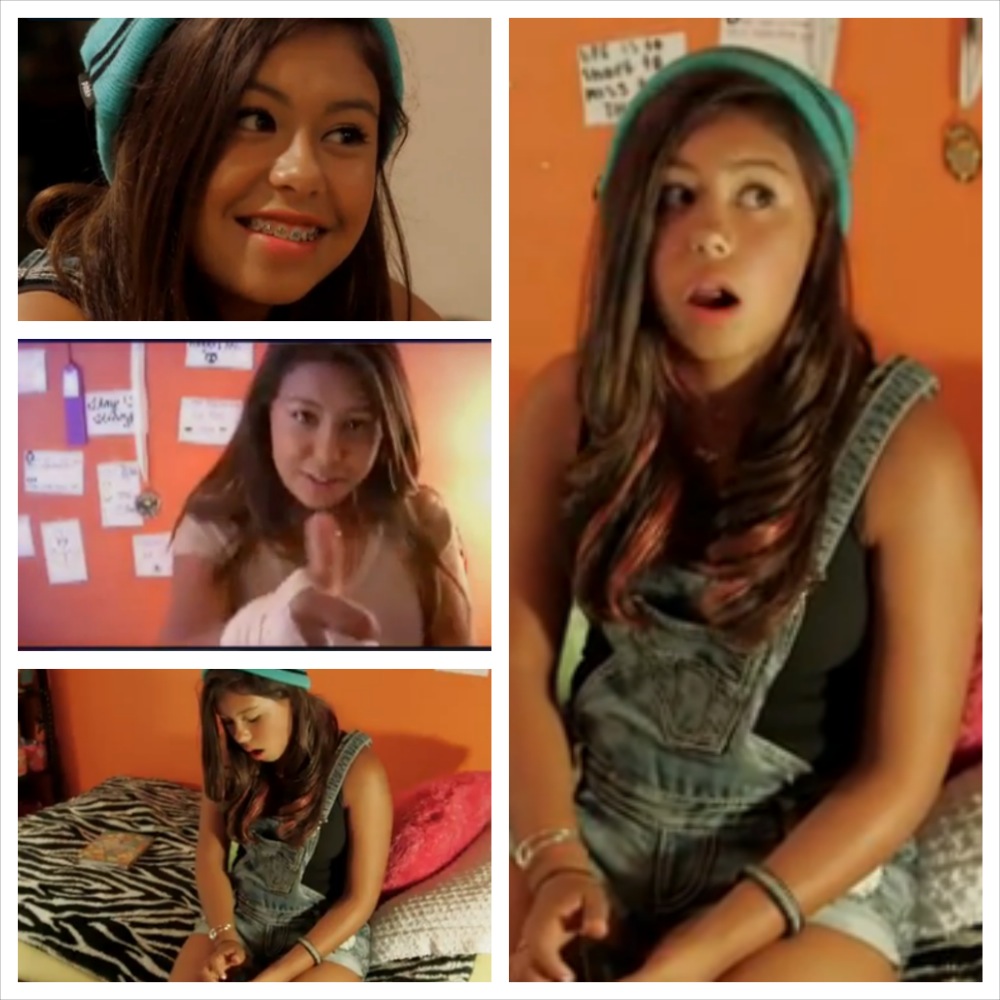
It was impossible to miss the change in emotion after this teen’s camera stopped filming. (Documentary screenshots)
Next, I watched in disbelief as the teen’s mom bragged about her ability to predict the volume of likes that would come in based on the outfit she photographed her daughter in. She smiled as she explained that full body shots got the most likes. (see swimsuit photos below) Wow! This mom was oblivious to the negative repercussions of her actions. She expressed no worries of pedophiles, perverts and older men leering at these photos and I failed to understand the long-term advantage here.

Mom says she takes photos of her daughter and can predict their popularity in advance (Documentary screenshots)
Now one size does not fit all and there are always exceptions as in the case of Tyler Oakley, deemed “a millionaire in the currency of likes.” Tyler appears to have achieved online and offline success. At 24 years old, social media is Tyler’s career and he demonstrates how he has mastered the art of social media manipulation by connecting with other influencers to leverage their mutual popularity. Tyler pays his bills with the proceeds of his social media work and he seems to be holding it together as he shares his strategies for success with audiences that are eager to understand it. But what about the majority of the other kids? Can they see beyond the short term popularity of these likes?
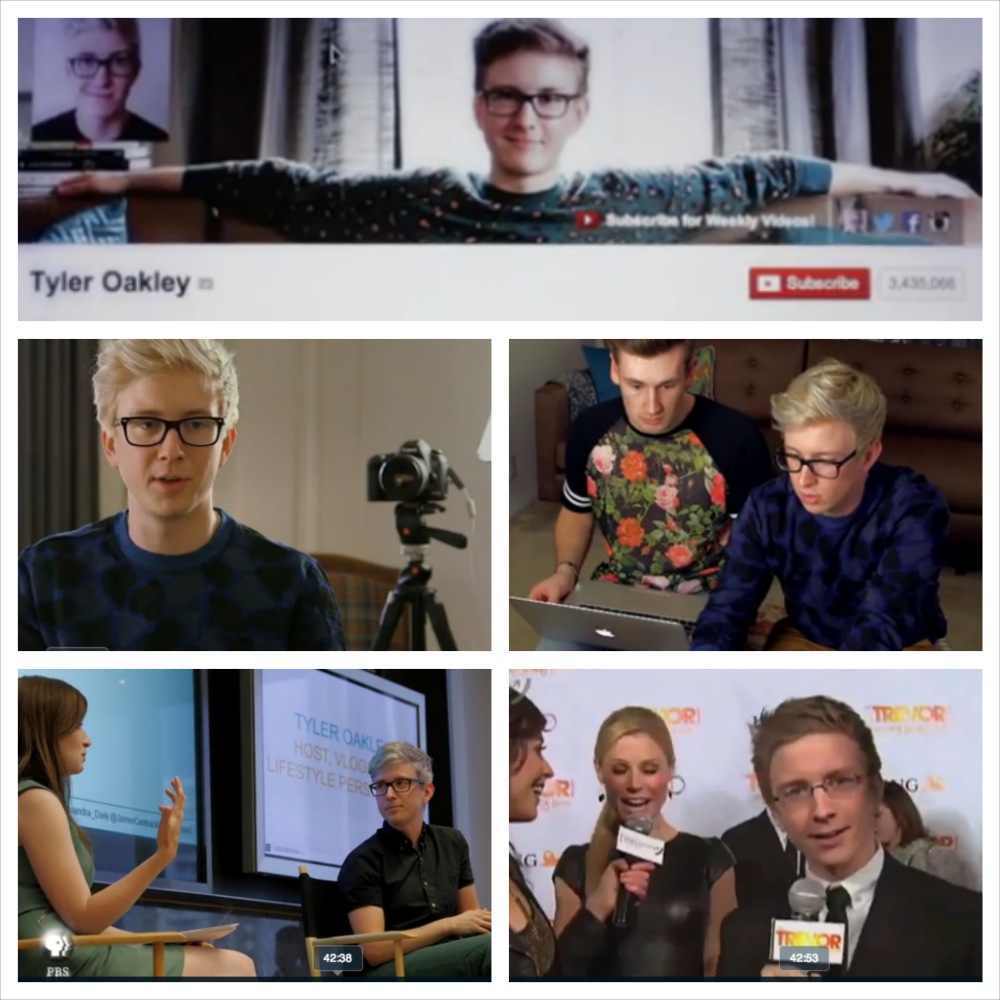
At 24, Tyler’s experience with social media differs from that of the younger kids (Documentary screenshots)
There is no doubt that there is a huge marketing opportunity within the youthful and prolific millennial online audience. But what about the kids who are motivated and driven by social media likes and validation and are opening themselves up to various risks with their online behaviors? Parents need to step into this digital world, to understand what’s going on and to make sure their kids are okay and not exposing themselves to unnecessary risks. Kids need help keeping their values in check and parents should be wary of encouraging warped values and behaviors. Social media offers huge benefits and opportunities but The Like Generation looks like a pressure cooker about to explode. Narcism, ego, manipulation, herd mentality, depression, loss of individuality, counter productivity and burnout all come to mind. Marketing value aside, I hope this runaway train can be stopped before it is too late! Any ideas?
Until next time… Stay Cyber Safe!

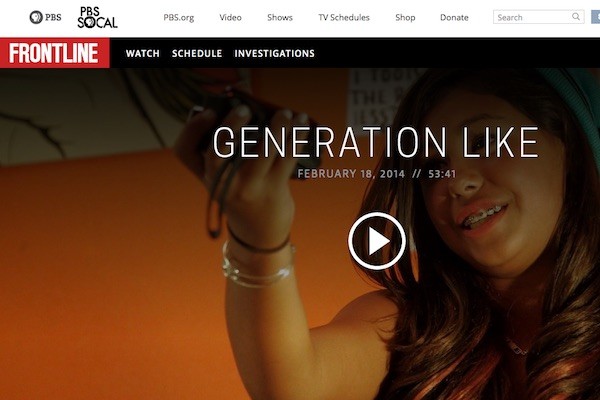
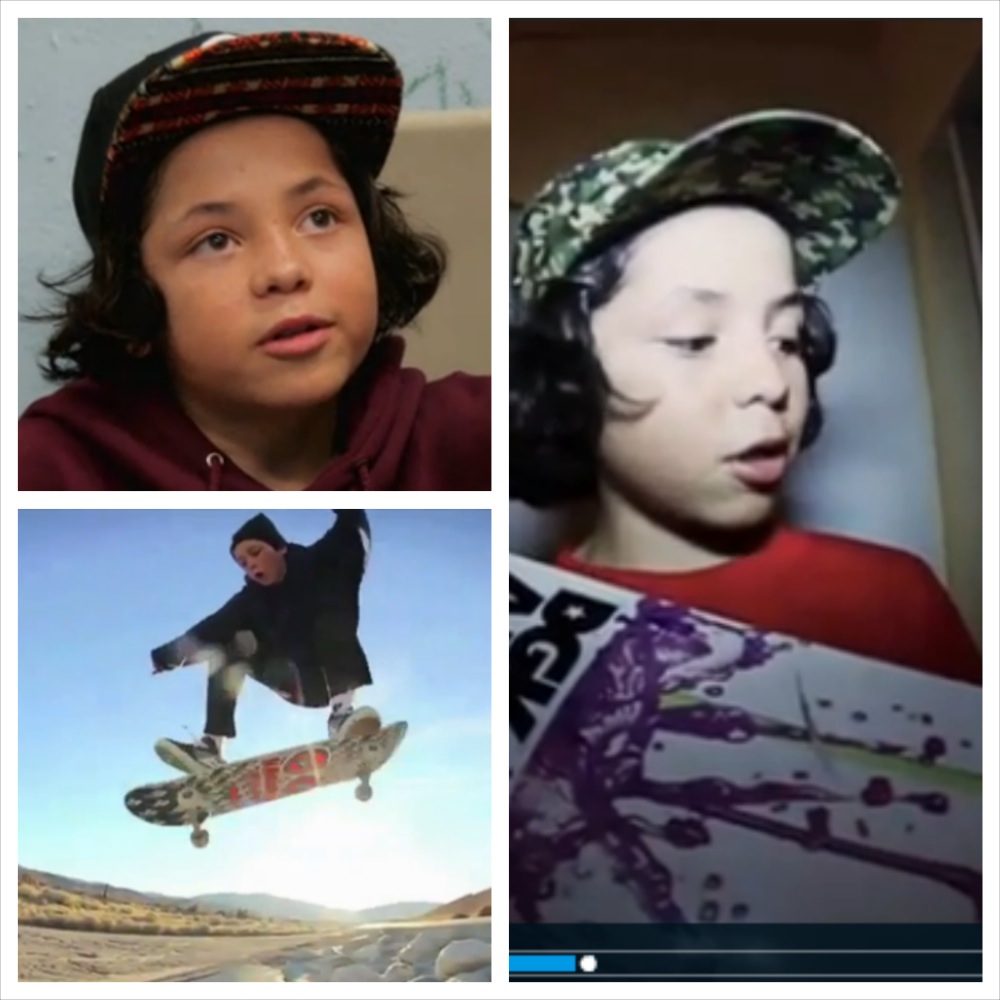
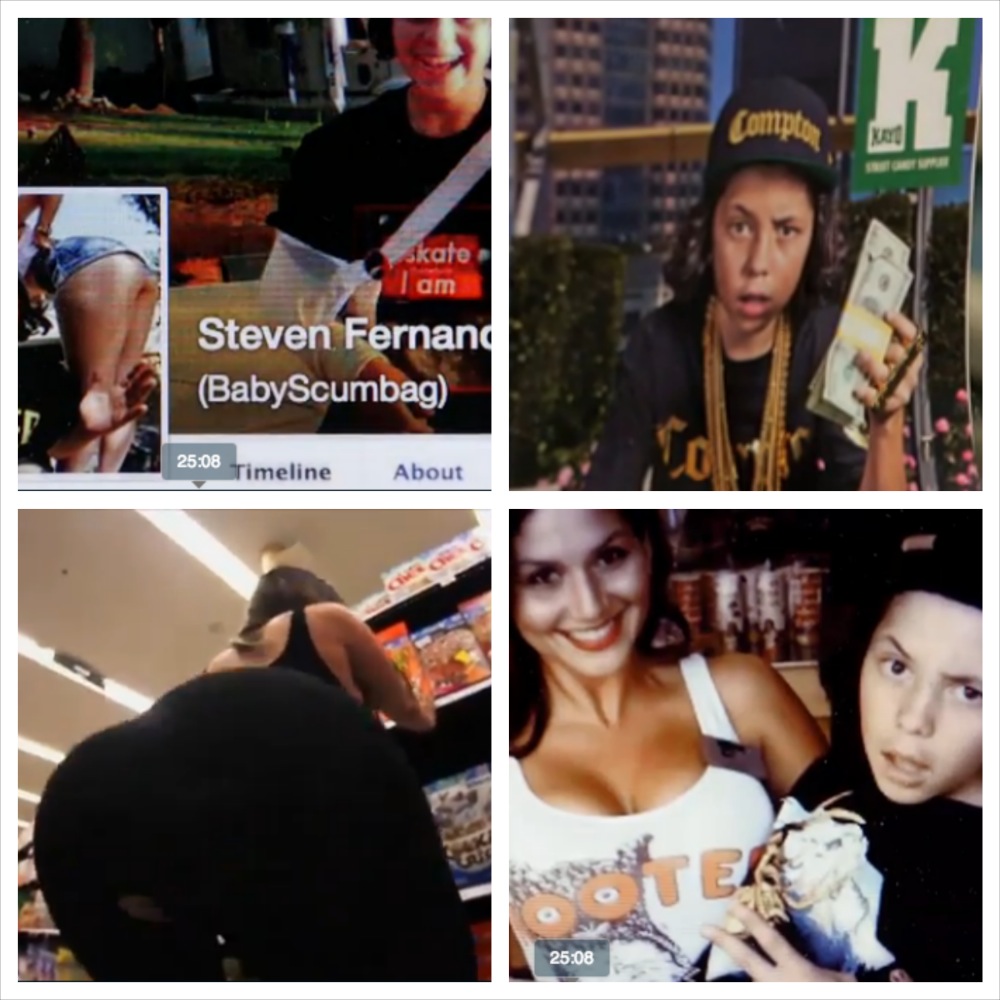
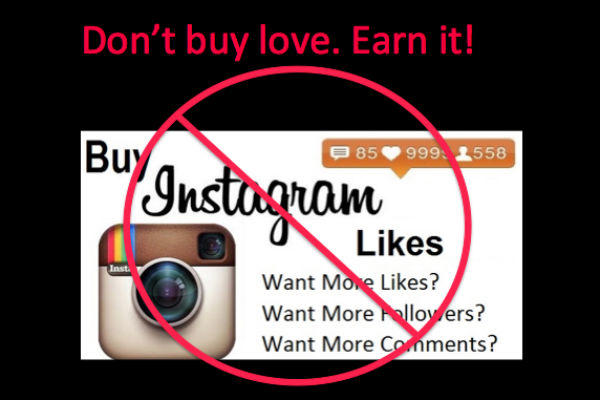


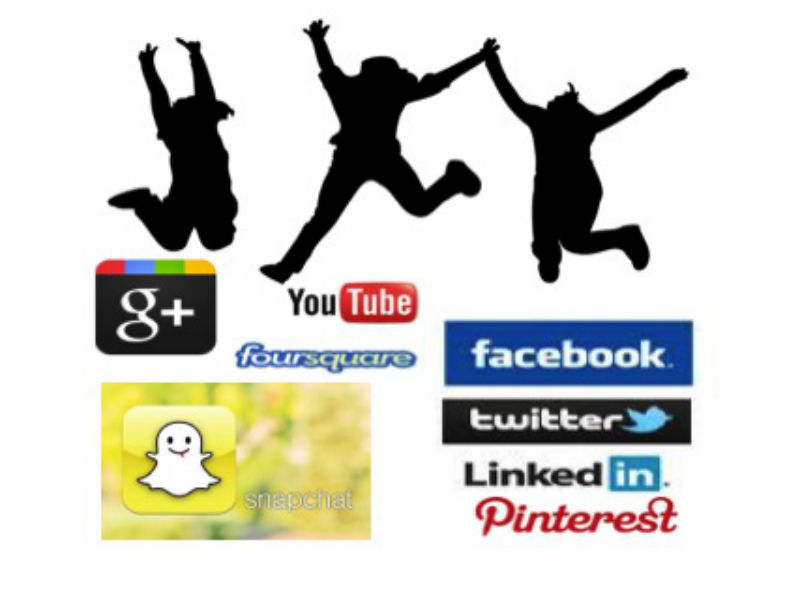



I watched this and I was blown away, on so many levels. I do think social media has given us so much power as citizens, consumers and helping us build communities. It is truly tremendous the access to information, but the doc made left me feeling sad and concerned about the way kids use social media. I’m thankful it wasn’t around during my teenage years, but I’m bracing myself on how I’ll deal with it with my children.
There’s something so addictive to having someone Like your posts and photos. Forget kids, adults can get so wrapped up in this stuff too. Not me, of course. Yeah, right! I’m reminded of Charles Lutwidge Dodgson better known by his pen name, Lewis Carroll. Whole point of him using the pen name he said, was because he dreaded the recognition he might garner. He wrote because it gave him and others joy, not because he got the symbolic Like or public adoration.
I didn’t know that about Lewis Carroll. He is the exception. When JK Rowling’s book under a pen name did not get the recognition she hoped for, suddenly there was leak that she was the author. That certainly helped sales.
So concerned about this with my kids. It just places such an emphasis on constant documentation, I’m afraid that they can non longer simply experience. Thanks for posting, great article!
I do actually agree with you on your more salient points. However I equate this with..say…medical marijuana. Years ago it would have been unheard of to predict the proliferation of legislation and pot shops that would appear to make a mind altering, highly demonized substance mainstream and pretty much accepted (not by all, but certainly the moral tide has shifted). This is in part due to the generational changes and a more ‘accepting’ environment apparent in Millennial social mores. What my parents (and sometimes I) found unacceptable, there is now a generation that not only sees no problem, but cannot understand why there was all the hoopla in the first place (Gay marriage also comes to mind). Does that make it right? For some, obviously no. But in the case of how social media, and more importantly (imho) mobile tethering has invaded our lives, it is here to stay. Marketing has always had a hand in how we define ourselves. One of my college professors called it the “You Stink Syndrome.” By making people feel inadequate about themselves – from their hair, skin, teeth, breath, clothes, car, etc, to the latest gadget, app, vernacular, and online presence – brands can sell them a product or align them with something ‘cool’ to make up for what it is they lack (including confidence). I think there is an upside to all this as well. I can create an online persona that reflects really positively on what it is I want people to perceive – people do it all the time, especially on their resume and Linkedin profiles. Obviously Hollywood has been doing this for years with studios control over their content and stars. Or, I can allow my audience to dictate what it is they want to see. That’s the downside and what Frontline wanted to expose. I’m happy they did this program for stimulating this discussion.